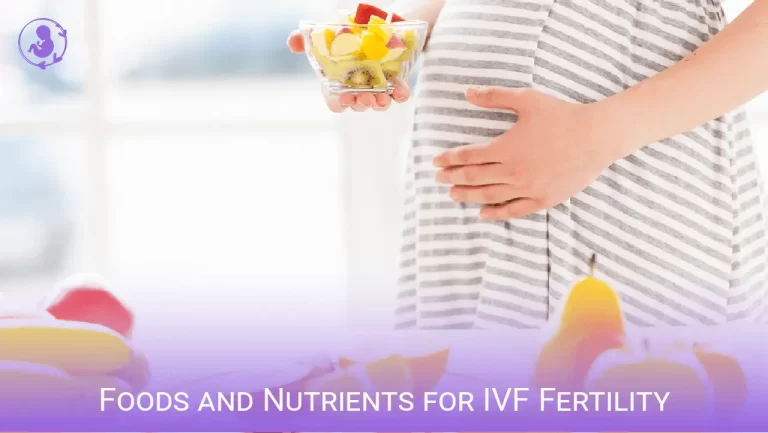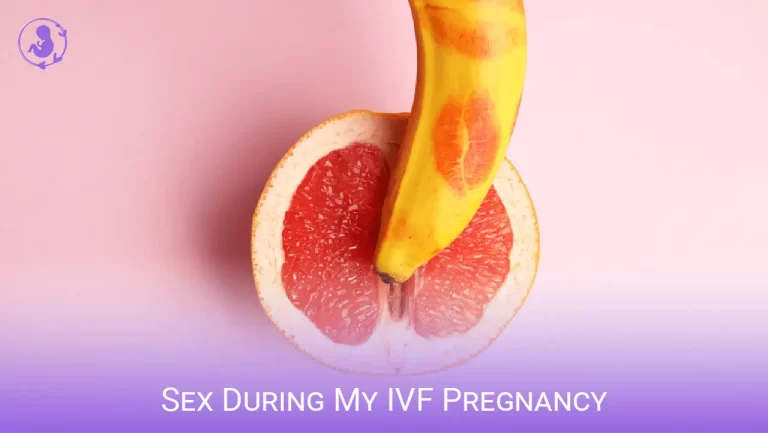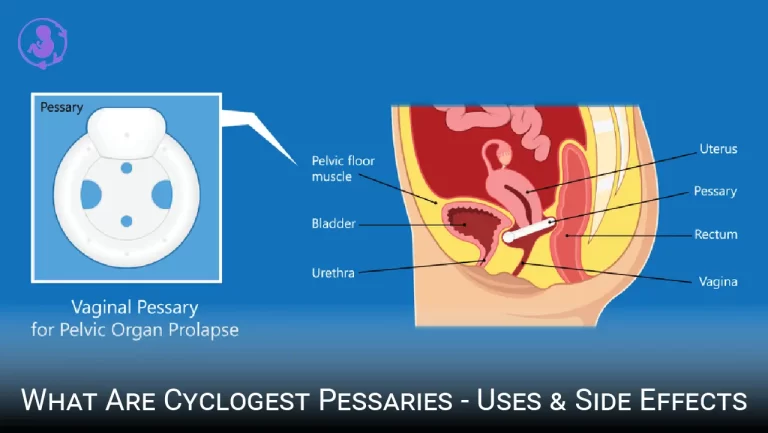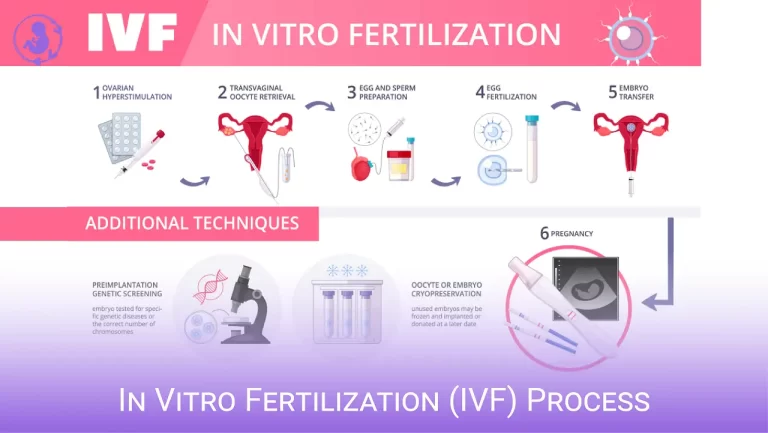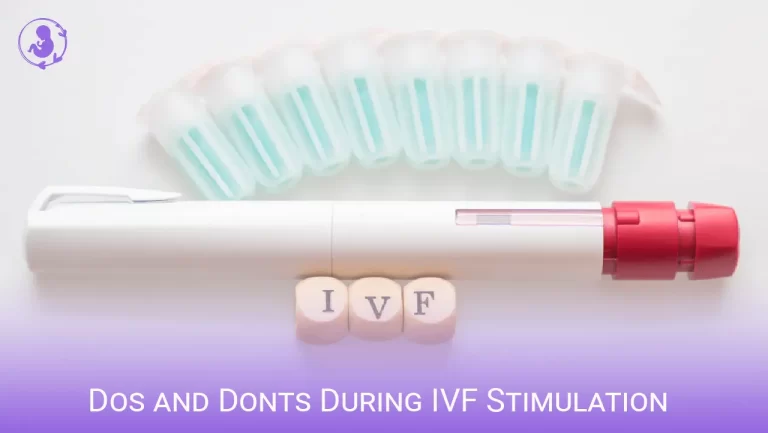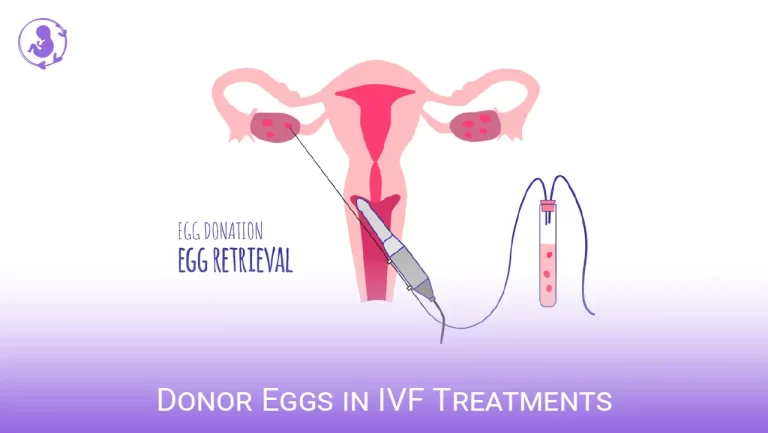After How Many Weeks IVF Pregnancy Is Safe
Are you considering undergoing IVF treatment and wondering about the safety of the resulting pregnancy? Well, you’ve come to the right place! In this article, we’ll delve into the factors that determine the safety of IVF pregnancies.
From the mother’s age to the number and quality of embryos transferred, we’ll explore how these variables can impact the well-being of the pregnancy.
So, let’s get started and find out just how many weeks into an IVF pregnancy you can expect it to be safe.
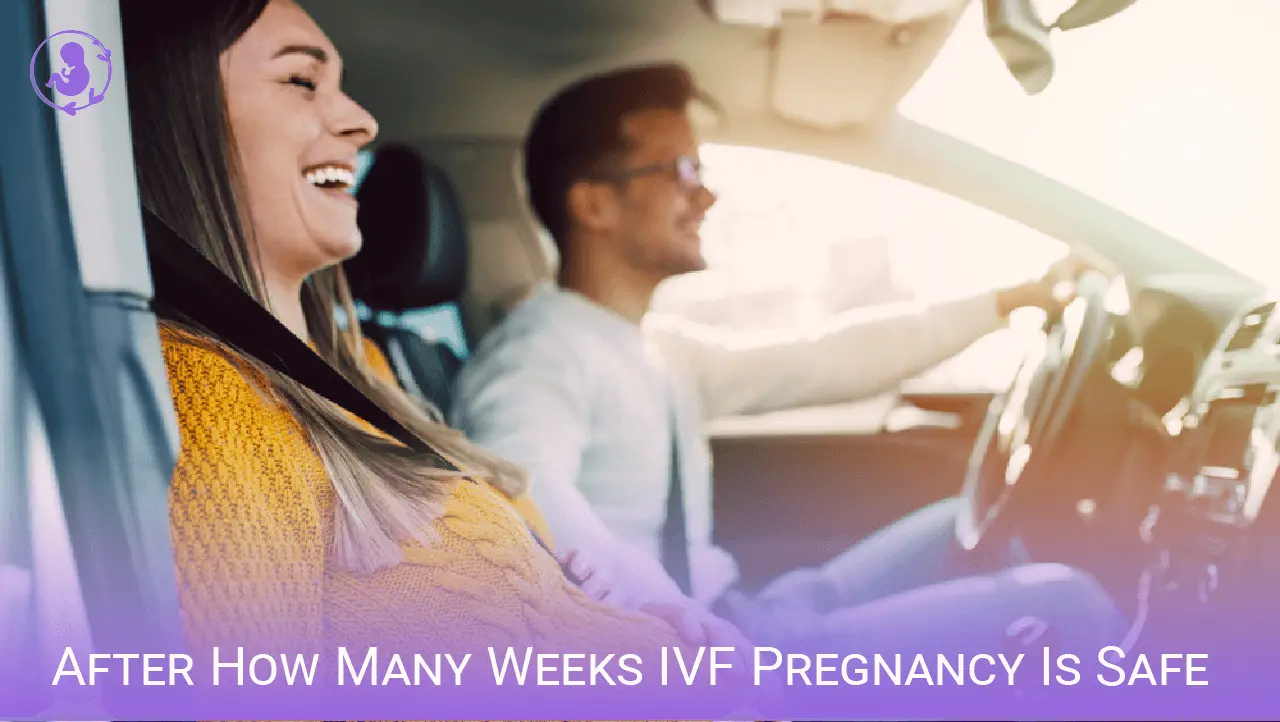
IVF Pregnancy Safety in the First Trimester
After the first trimester, which is approximately 12 weeks, an IVF pregnancy is generally considered safe for you. During the first trimester, Your body undergoes significant changes as the embryo develops and implants in the uterus, such as the increasing size of the baby, which you can check using an IVF Due Date Calculator for accurate estimation. It is during this time that the risk of miscarriage is highest.
However, once you reach the 12-week mark, the chances of a successful pregnancy increase, and the risk of complications decreases. At this point, you can expect to have regular check-ups and ultrasounds to monitor the progress of your pregnancy. It is important to continue following the guidelines provided by your fertility specialist and obstetrician to ensure a healthy and safe IVF pregnancy.
Precautions after IVF pregnancy include avoiding strenuous activities, maintaining a balanced diet, and attending prenatal appointments regularly.
Maternal Age and IVF Pregnancy Safety
You should be aware that maternal age plays a significant role in determining the safety of your IVF pregnancy.
- Women under 35 have a higher success rate of IVF and generally experience a safer pregnancy.
- Women over 35 have a higher risk of complications and pregnancy-related issues.
- Close monitoring and medical assessment can ensure the safety of your pregnancy.
It is important to note that the safety of an IVF pregnancy is not solely determined by maternal age. Other factors such as the number of embryos transferred, the quality of embryos, and underlying health conditions also play a role. However, maternal age remains a crucial factor in determining the overall safety of the pregnancy.
Remember to discuss any concerns or questions with your fertility expert and obstetrician to ensure a safe and successful IVF journey.
The Role of Embryo Quality in IVF Pregnancy Safety
The quality of embryos is a crucial factor in ensuring the safety of an IVF pregnancy. As the weeks progress in an IVF pregnancy, the importance of embryo quality becomes even more evident.
A healthy IVF pregnancy begins with a successful embryo transfer, followed by the implantation of a high-quality embryo in the uterus. The quality of the embryo greatly impacts the chances of a positive pregnancy test and a successful pregnancy.
Fertility specialists closely monitor the development of the embryo through regular ultrasound scans to ensure its continued growth and viability. A high-quality embryo increases the likelihood of a healthy IVF pregnancy and reduces the risks associated with IVF, such as miscarriage or complications.
Therefore, selecting and transferring high-quality embryos plays a vital role in achieving a successful pregnancy after IVF.
The Impact of Number of Embryos Transferred on IVF Pregnancy Safety
Transferring multiple embryos increases the risk of complications in an IVF pregnancy. When considering the impact of the number of embryos transferred on IVF pregnancy safety, it’s important to understand that the number of embryos plays a crucial role in determining the outcome. Here’s how it can impact the safety of the pregnancy:
Increased Risk of Complications:
Transferring multiple embryos can lead to a higher risk of complications such as preeclampsia, preterm delivery, and low birth weight. The more embryos transferred, the greater the strain on the mother’s body and the higher the chance of experiencing pregnancy-related issues.
Risk of Miscarriage:
Multiple embryo transfers also increase the risk of miscarriage. The higher number of embryos can put additional stress on the uterus, leading to a higher chance of pregnancy loss.
Monitoring the Pregnancy:
When multiple embryos are transferred, close monitoring of the pregnancy becomes essential to ensure a healthy outcome. Regular check-ups and ultrasounds are necessary to track the development of each embryo and identify any potential complications.
Lifestyle Factors and IVF Pregnancy Safety
To ensure the safety of your IVF pregnancy, it’s important to consider lifestyle factors such as diet, exercise, and stress management.
Maintaining a healthy lifestyle can greatly increase your chances of a successful pregnancy. It’s important to eat a balanced diet rich in nutrients to support embryo development and a healthy pregnancy.
Regular exercise, under the guidance of your fertility doctor, can help improve blood circulation and reduce stress. Managing stress through relaxation techniques and counseling can also benefit both your physical and emotional well-being during this time.
It’s important to remember that IVF pregnancy symptoms may be similar to those of a normal pregnancy, including fatigue, breast tenderness, and nausea. Regular check-ups and blood pregnancy tests will help monitor the progress of your pregnancy and determine your due date.
Always consult with your fertility doctor for any concerns or questions during the early stages of your IVF pregnancy.
Ensuring a Safe IVF Pregnancy: Regular Prenatal Care and Communication With Healthcare Providers
Regular prenatal care and open communication with healthcare providers are essential for the safety of your IVF pregnancy. Here are some tips for a healthy IVF pregnancy as it progresses week by week:
- First Weeks: During the early stages of pregnancy, regular prenatal care is crucial for monitoring the development of the embryo and detecting any potential issues. It also allows healthcare providers to provide appropriate guidance and support.
- Ongoing Monitoring: As your pregnancy progresses, regular check-ups will help ensure the well-being of both you and your baby. These visits will involve monitoring hormone levels, fetal growth, and overall health.
- Communication is Key: Openly communicate with your healthcare providers about any concerns or questions you may have. This will help them address any issues promptly and provide the necessary guidance for a successful IVF pregnancy.
Frequently Asked Questions
Conclusion
In conclusion, if you are considering an IVF pregnancy, it’s important to understand the factors that determine its safety. Your age, the quality and number of embryos transferred, and your overall health all play a role in the outcomes.
It’s crucial to prioritize regular prenatal care, make healthy lifestyle choices, and communicate openly with your healthcare providers throughout the process. By taking these steps, you can increase the chances of a safe and successful IVF pregnancy.
Remember, you don’t have to go through this journey alone – trusted fertility chains like Crysta IVF are here to support you in building your family.
Read More On IVF

